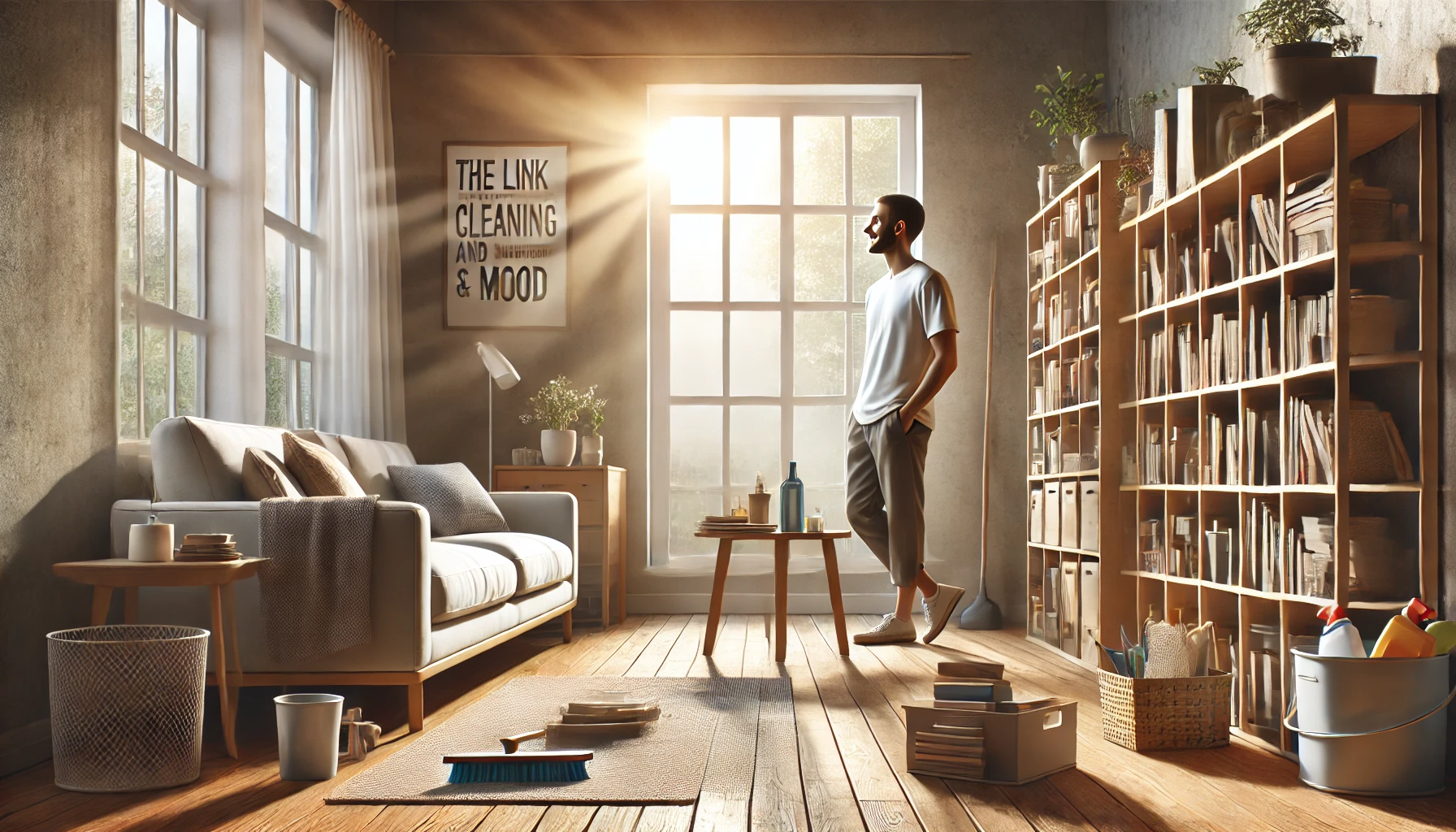The environment we live in has a profound impact on our mental health. Clutter, often underestimated, can cause stress, reduce productivity, and even harm our emotional well-being. Understanding the relationship between organization and mental health is the first step to creating a calmer, more functional space that fosters balance and clarity.
The Psychological Burden of Clutter
A disorganized environment can overwhelm the brain, causing stress and making it harder to focus. Items out of place create excessive visual stimuli, confusing the mind and leading to a constant feeling of chaos. This overload of information can result in mental fatigue and anxiety, making daily tasks more difficult to manage.
Additionally, clutter can reflect deeper emotional issues, such as difficulty making decisions or letting go of items. This cyclical relationship can create a loop of disorganization and stress, directly impacting psychological health.
Impact on Productivity
Clutter affects not only emotional well-being but also efficiency in daily activities. Time spent searching for lost items or dealing with disorganized spaces consumes energy that could be used more productively.
In contrast, a clean and organized environment promotes mental clarity, making it easier to concentrate and complete tasks. Studies show that people who work in organized spaces are better at problem-solving and tend to be more creative.
The Link Between Cleaning and Mood
Organization and cleaning can have a therapeutic effect. The act of tidying up, often seen as a mundane chore, can help reduce cortisol levels, the hormone responsible for stress. Putting a space in order creates a sense of control, providing a feeling of accomplishment.
Moreover, clean environments are visually more appealing, fostering an atmosphere that encourages emotional well-being. The practice of organizing can become a form of self-care, relieving built-up tension and promoting calmness.

Benefits for Sleep
A disorganized bedroom can directly impact sleep quality. Clutter generates a subconscious sense of unfinished tasks, making it harder to relax and unwind. This constant stimulation keeps the brain alert, reducing the depth and duration of sleep.
On the other hand, a clean and tidy bedroom promotes calmness, helping the body and mind enter a state of relaxation more quickly. A made bed and a visually harmonious environment create the ideal conditions for a good night’s rest.
Strategies to Maintain Organization
Organization doesn’t have to be an exhausting task. With a few simple and consistent practices, it’s possible to transform your environment into a functional and pleasant space.
- Establish a weekly cleaning routine: Regular upkeep prevents clutter from building up and makes space management easier.
- Invest in storage systems: Boxes, shelves, and organizers can optimize space usage and make everyday items more accessible.
- Declutter regularly: Items that are no longer useful only occupy physical and mental space. Adopt the habit of letting go of things that no longer add value.
- Create organization zones: Designate specific areas for each type of item to facilitate maintaining order.
- Involve the entire family: Delegating responsibilities and encouraging organizational habits among household members helps keep spaces tidy.
Conclusion
Clutter affects much more than just the visual aspect of a space; it directly impacts our mental health, productivity, and quality of life. By implementing simple organization and cleaning practices, it’s possible to create spaces that promote well-being, comfort, and emotional balance. Change can begin with small steps, but the benefits extend to all areas of life.






